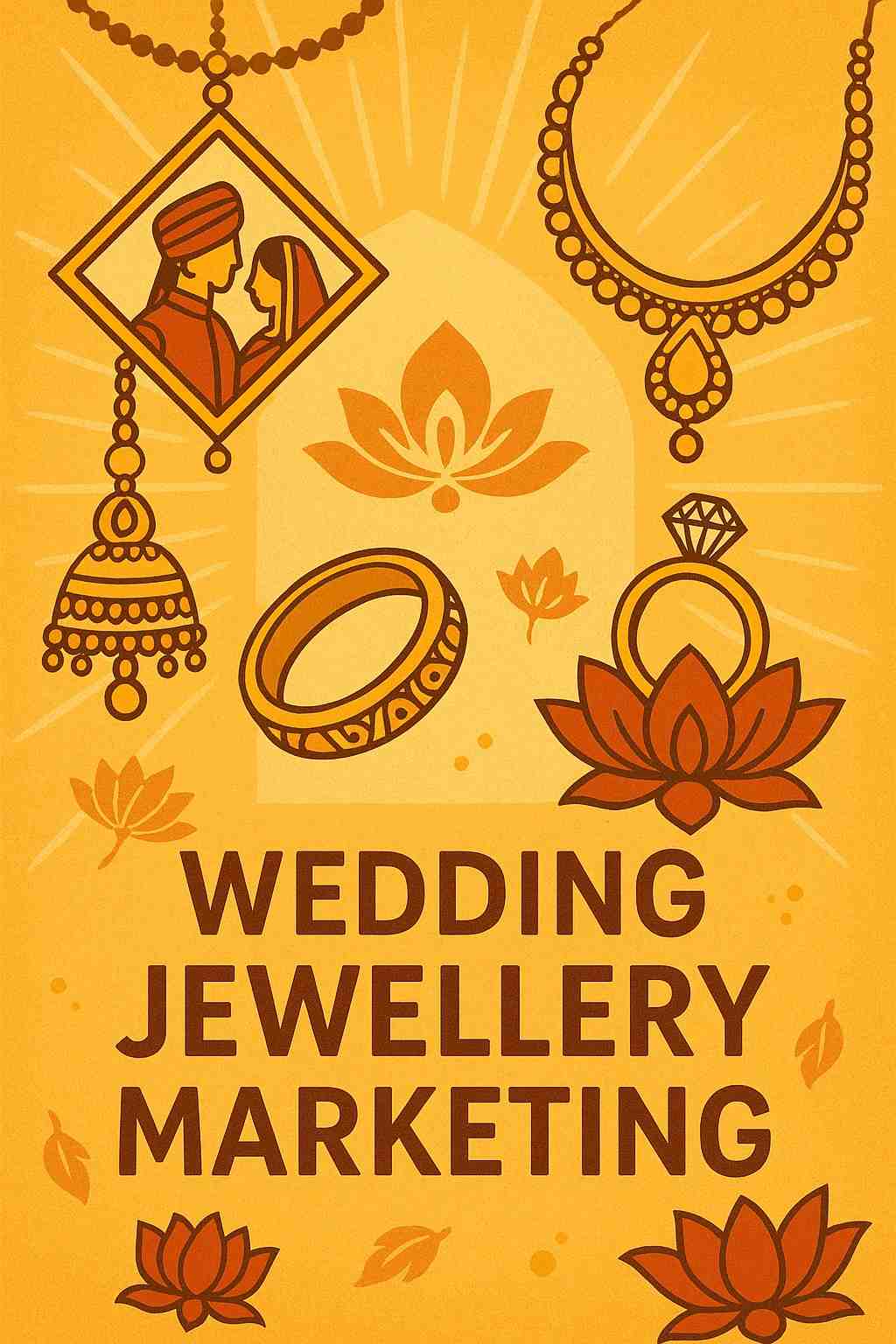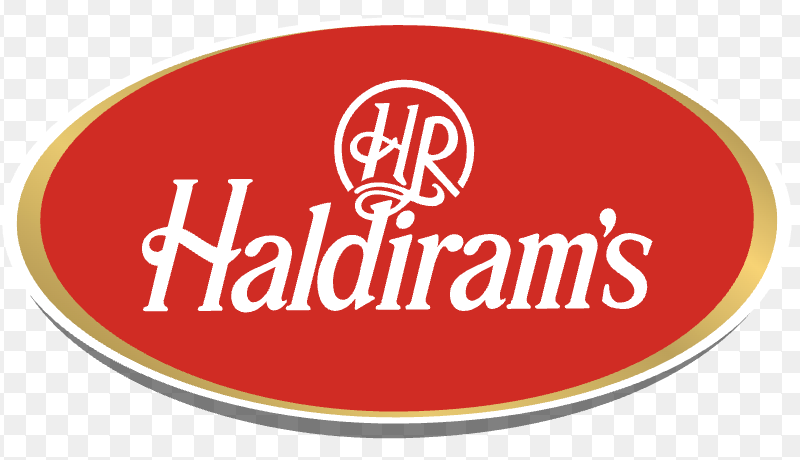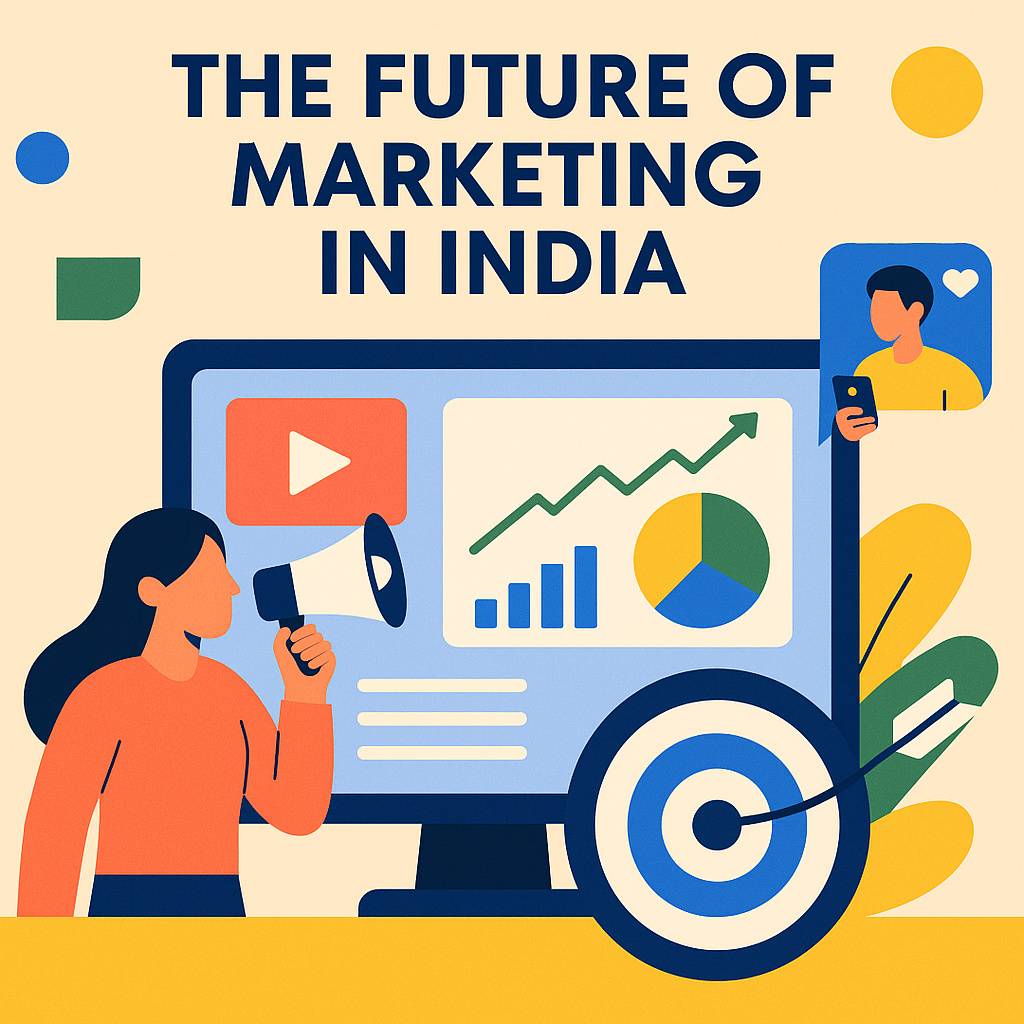The Evolution of Marketing: Is Traditional Marketing Losing its Effectiveness for Brands?
August 24, 2023
In a world where digital technology has transformed how we connect, communicate, and consume information, the effectiveness of traditional marketing strategies is being put to the test.
The advent of social media, search engines, and personalized online experiences has shifted consumer behaviors and expectations. As a result, brands are questioning whether traditional marketing methods are still as impactful as they once were. The changing landscape of marketing has been consistently creating challanges for marketing wizards to justify the market share, sales growth, brand building and other milestones that brands are exploring to achieve today. It looks like traditional strategies are losing their edge in today's digital age, but is it true completely ?
Digital marketing has taken center stage, offering brands unprecedented opportunities to engage with their target audiences on a more personalized and immediate level. Channels like social media, email marketing, content marketing, and influencer partnerships allow brands to interact directly with consumers, gaining insights into their preferences, behaviors, and needs.
Whereas Traditional marketing often relies on mass communication through channels like TV, radio, and print media. However, digital marketing allows for precise audience targeting based on demographics, interests, online behavior, and more. This enables brands to craft personalized messages that resonate with specific segments of their audience. Furthermore, Digital marketing generates a wealth of data that can be analyzed to understand consumer behavior and preferences better. Brands can measure the effectiveness of their campaigns in real-time, adjusting strategies as needed. This data-driven approach leads to more informed decision-making and the ability to optimize marketing efforts on the fly.
What put Marketing managers to take tough calls and comprise when it comes to desire budget they want and it reflects in regular planning as well Compared to traditional marketing, digital strategies often offer better cost efficiency. Online advertising, for instance, allows brands to set budgets and pay-per-click, ensuring that they are only charged when users show genuine interest in their content or offerings.
Challenges of Traditional Marketing
While traditional marketing methods have been the backbone of brand promotion for decades, they face certain challenges in today's fast-paced digital environment.
- Consumers today have shorter attention spans due to the constant influx of information from various digital sources. Traditional marketing mediums like TV and radio ads might struggle to capture and maintain this fleeting attention.
- Traditional marketing is often a one-way communication channel. Consumers are passive recipients of messages without the opportunity for immediate interaction or engagement. Digital marketing, on the other hand, encourages real-time conversations and feedback.
- Measuring the exact return on investment (ROI) for traditional marketing campaigns can be complex. Brands might find it challenging to determine how many people saw an ad in a magazine, for example, and whether those impressions translated into actual sales.
- Traditional marketing campaigns often require significant lead time to plan, create, and distribute. In the rapidly evolving digital landscape, this can hinder a brand's ability to respond quickly to trends or market shifts.
The Hybrid Approach: Embracing the best of both worlds**
Rather than discarding traditional marketing entirely, many successful brands are adopting a hybrid approach that integrates both traditional and digital strategies. They are using cross-channel promotion to ensure they achieve the end goal effectively.
Brands can leverage traditional platforms to drive traffic to their digital channels. For instance, a TV ad might encourage viewers to visit the brand's website, social media profiles, or a dedicated app for exclusive offers or content.
Brands can amplifying message consistency by maintaining a consistent brand message across both traditional and digital channels, brands can reinforce their identity and values in the minds of consumers.
Moreever, digital marketing's agility can inform adjustments to traditional campaigns. Brands can use real-time data and insights gained from digital interactions to refine their traditional marketing strategies.
In a world where digital experiences dominate consumer interactions, traditional marketing is facing new challenges. The rise of digital marketing has redefined how brands connect with audiences, offering targeted reach, data-driven insights, and cost efficiency. However, traditional marketing still has its merits and can play a vital role in an integrated marketing approach.Ultimately, the key to a successful marketing strategy lies in understanding the unique strengths of both traditional and digital methods and leveraging them harmoniously to create a powerful, multi-dimensional brand presence in the minds of consumers. By embracing the evolving landscape of marketing, brands can stay relevant, adaptable, and effective in capturing the attention and loyalty of their target audiences.
Please do share your views and comments if any what you think as a seasoned marketing professional or Rookie Marketing professional.
Related Posts
Get in touch with us
We are just a phone call away from you.
Feel free to call us anytime or write to us on our email id. We are always available to solve your queries.




